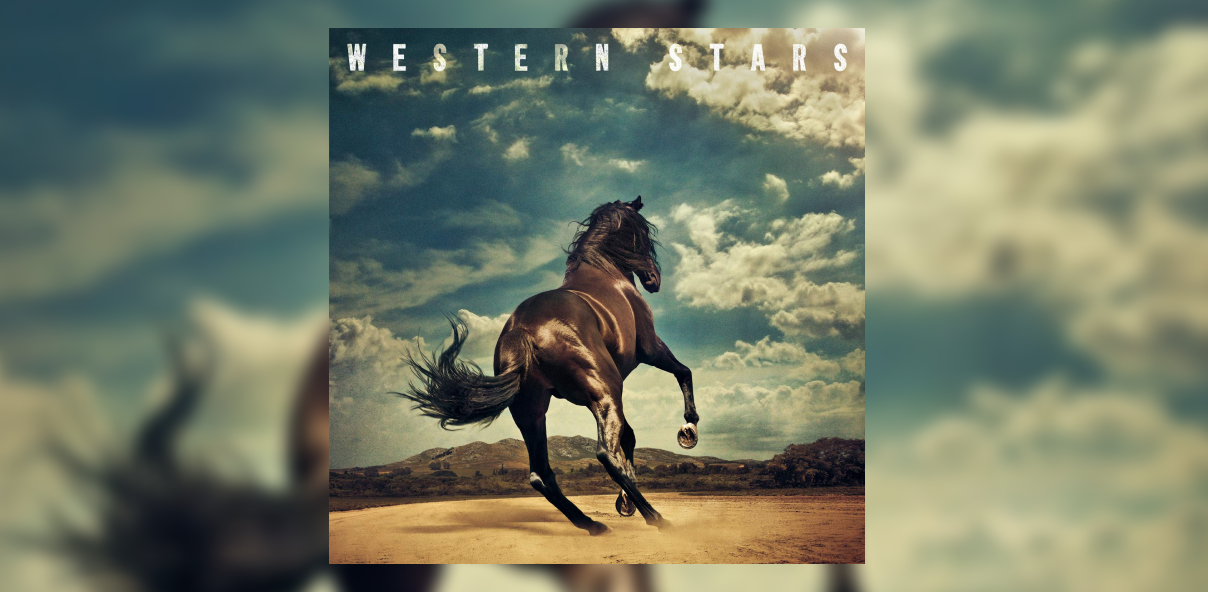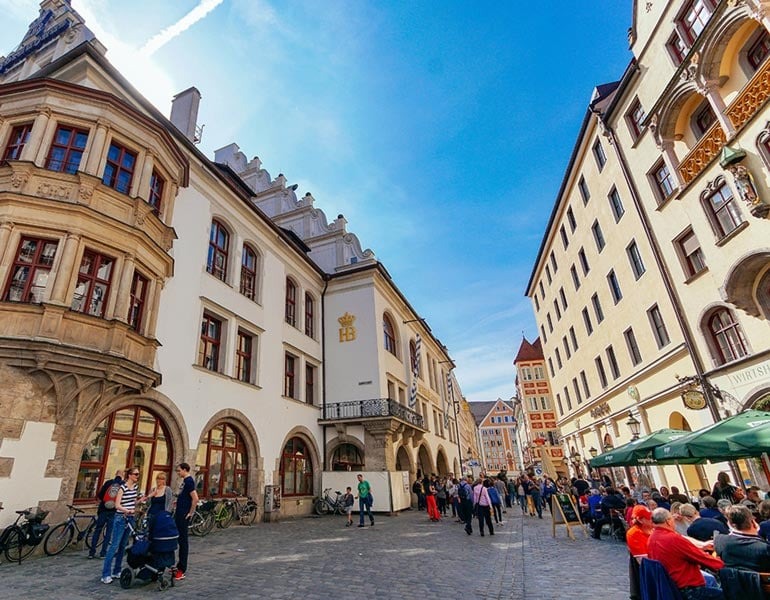Bruce Springsteen returns with elegiac and wise songwriting conjuring the golden expanse of the American West; it’s his best studio album in years. With the release of his 19th studio album “Western Stars”, Bruce Springsteen raises the trajectory of his teaching career once again. As a great American storyteller in the style of Woody Guthrie and Bob Dylan, Springsteen dares to be sincere in a time of mind-numbing cynicism.

Behind the scenes of the album
During the album’s production, Springsteen playfully described the sound of “Western Stars” as “Grand Canyon music.” As with the cavernous and imposing vastness of the national park, “Western Stars” accentuates the narrations driven by Springsteen’s characters with the kinematic power of honest orchestration to kindness. But, in truth, “Western Stars” has much less in common with classical music, as Springsteen avoided those ornate sounds and high eyebrows for the large arrays and exuberant pop arrangements of Southern California in the early seventies.
Audiences approve the album as their best choice to listen

As the musical palettes advance, turning to the heyday of the era of singers and composers turns out to be an excellent choice for Springsteen’s latest album. A tour of musical and lyrical strength, “Western Stars” offers one of Springsteen’s most coherent and carefully plotted LPs.
The album’s song cycle kicks into gear — and without preamble, no less — with “Hitch Hikin”, the story of a vagabond of freewheels who lives his dreams and curiosities on the roads whipped by the southwest wind. For the narrator, it is a decidedly simpler time, a place where “Maps do not do much for me, friend / I follow the weather and the wind”. By the time “The Wayfarer” roars to life, the lonely realities and dangers inherent in being an uncontrolled rambler have begun to break the sunny optimism of the Springsteen narrator. “Same sad story, love, and glory going ’round and ’round / Some old cliché, a wanderer on his way, slippin’ from town to town.”
The highness of the audience continues until dawn shows up
The forward momentum of “Western Stars” continues unabated with “Tucson Train,” the moment when Springsteen’s walker gives in to the tensions and anxiety of untimely love. But with the title and “Sleepy Joe’s Café”, the narrator recovers his youthful fantasy, if only briefly, under the great southwest sky, where he dances all night in a bar next to the road.
The inflection point of the record begins to focus on “Drive Fast (The Stuntman)”. “I have two pins in my ankle and a broken clavicle,” the singer tells us, and “a steel bar in my leg, but he walks.” in my home. “In many ways, double action exists as a sort of common character in the lexicon of the Hollywood narrative of the 1970s, an aspect Springsteen brings home with the chorus:” Just drive fast, it falls strong. “
Background Music made it rocking too
By “Chasin ‘Wild Horses,” Springsteen’s narrator begins to succumb to the darkness that was almost invisible during the agony of “Hitch Hikin.” about himself, having given himself to an emotional crossroads. Filled with regret and shot down by his temper, Springsteen’s narrator reaches the bottom, literally, with “Stones.” While listeners have already compared “Western Stars” to the sounds of classic 70s artists such as Glen Campbell, Gordon Lightfoot and Harry Nilsson, “Stones” evokes the audacious orchestral power of Aaron Copland.
The bronze presentation of the song presents an appropriate background for the narrator’s anguished understanding that his romantic life has been haunted by the lies and betrayal of his lover’s easy duplicity. With the advent of “There Goes My Miracle”, the narrator can only regret the terrible measure of his loneliness and loss. In doing so, Springsteen configures two of his best final numbers in “Hello Sunshine” and “Moonlight Motel,” stories that convey the seriousness of invading adulthood as effectively as almost any composition of his incredible songbook.
Final Words
For many listeners, “Western Stars” can sound understandably and feel like a much-needed nostalgia trip to a simpler time and place compared to our conflicting present. But for Springsteen, evoking an atmosphere of the 1970s is not simply an act of genre experimentation, but rather, the setting for communicating even greater truths about the high points and harrowing of human experience. Let us know your take on the article in the comments below. For more such hot and trending topics, keep reading us.







